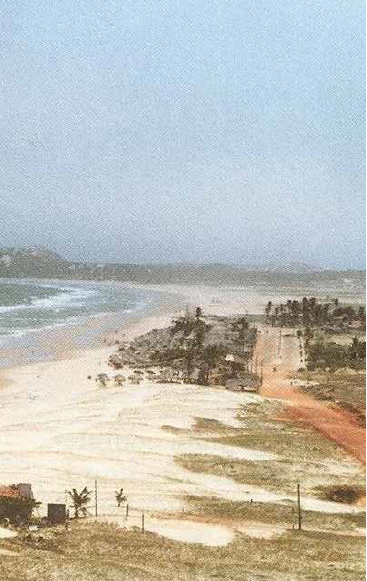Abstract
During the colonial period, the coastal zone of Ceara had a secondary economic role. Changed axis in the early twentieth century was the appreciation of the beach areas, generating an environmental stress within this space. On the coast of Aquiraz, east coast of Ceara, Brazil, there is an increase in summer buildings, resorts, condominiums, water parks, among others, promoting the occupation of coastal fragile because increased tourism. The aim was to identify the changes in the landscape and the impacts of the occupation and the appreciation of the coast. The implementation was done in two stages: the first from a theoretical and methodological literature, documentary and cartographic and the second stage from field work, with questionnaires. It was found that the new forms of employment generated changes in the landscape, which are being felt by decreasing the natives by tourist facilities. With the lack of order forms for use and occupation and speculation, we identified several socio-environmental impacts: the increase of urbanized areas without sanitation that promote pollution and environmental degradation, threatening the quality of life of the coastal population and continuity of own tourism.
Apuntes is registered under a Creative Commons Attribution 4.0 International Public License. Thus, this work may be reproduced, distributed, and publicly shared in digital format, as long as the names of the authors and Pontificia Universidad Javeriana are acknowledged. Others are allowed to quote, adapt, transform, auto-archive, republish, and create based on this material, for any purpose (even commercial ones), provided the authorship is duly acknowledged, a link to the original work is provided, and it is specified if changes have been made. Pontificia Universidad Javeriana does not hold the rights of published works and the authors are solely responsible for the contents of their works; they keep the moral, intellectual, privacy, and publicity rights.
Approving the intervention of the work (review, copy-editing, translation, layout) and the following outreach, are granted through an use license and not through an assignment of rights. This means the journal and Pontificia Universidad Javeriana cannot be held responsible for any ethical malpractice by the authors. As a consequence of the protection granted by the use license, the journal is not required to publish recantations or modify information already published, unless the errata stems from the editorial management process. Publishing contents in this journal does not generate royalties for contributors.


